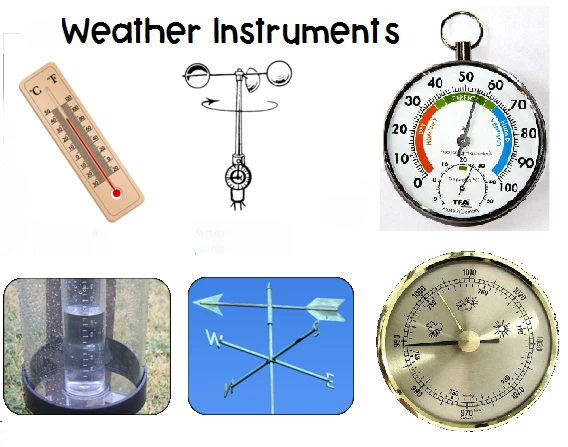
。
html
Weather Gauges and Instruments for Accurate Meteorological Measurements
Weather gauges and instruments play a crucial role in meteorology, helping scientists and enthusiasts alike to monitor and predict weather conditions with precision. From simple thermometers to advanced digital weather stations, these tools provide essential data for forecasting, research, and everyday planning.
Essential Weather Gauges and Instruments
To measure weather conditions accurately, a variety of instruments are used. Below are some of the most common and essential tools in meteorology:
1. Thermometer
A thermometer measures air temperature, which is fundamental for understanding weather patterns. Modern digital thermometers provide quick and accurate readings, while traditional mercury or alcohol thermometers are still widely used.
2. Barometer
Barometers measure atmospheric pressure, helping predict short-term weather changes. A sudden drop in pressure often indicates an approaching storm, while rising pressure suggests fair weather.
3. Hygrometer
This instrument measures humidity levels in the air. High humidity can make temperatures feel warmer, while low humidity can lead to dry conditions. Hygrometers are essential for both weather forecasting and indoor climate control.
4. Anemometer
Anemometers measure wind speed and direction. These instruments are critical for aviation, marine navigation, and storm tracking. Cup anemometers and vane anemometers are among the most common types.
5. Rain Gauge
Rain gauges collect and measure precipitation over a set period. They come in various designs, from simple cylindrical containers to sophisticated tipping-bucket models that record rainfall automatically.
6. Weather Stations
Modern weather stations combine multiple instruments into a single system, often with digital displays and wireless connectivity. These stations provide real-time data on temperature, humidity, wind, and precipitation, making them ideal for both professional and personal use.
Choosing the Right Weather Instruments
When selecting weather gauges and instruments, consider the following factors:
- Accuracy: High-quality instruments provide more reliable data.
- Durability: Weather instruments should withstand outdoor conditions.
- Ease of Use: Digital models often offer user-friendly interfaces.
- Connectivity: Wireless and smart devices allow for remote monitoring.
Whether you’re a professional meteorologist or a weather enthusiast, investing in reliable weather gauges and instruments ensures accurate and timely data for better weather understanding and preparedness.
Keyword: weather gauges instruments